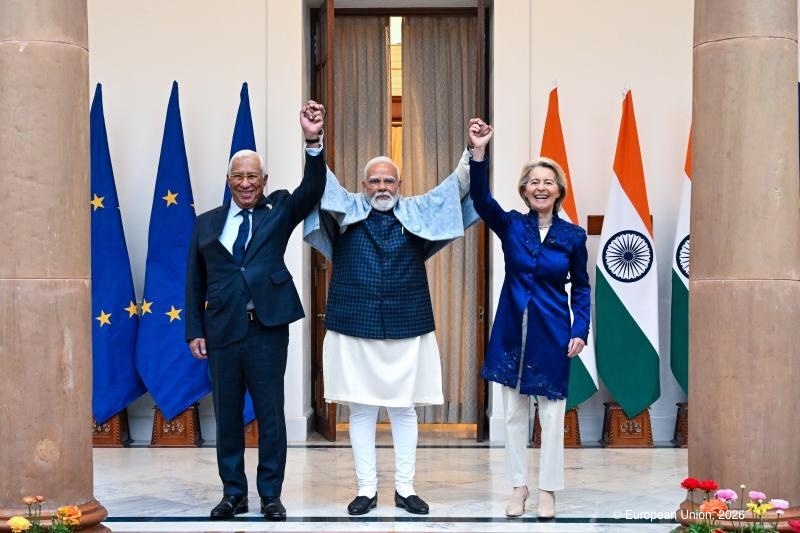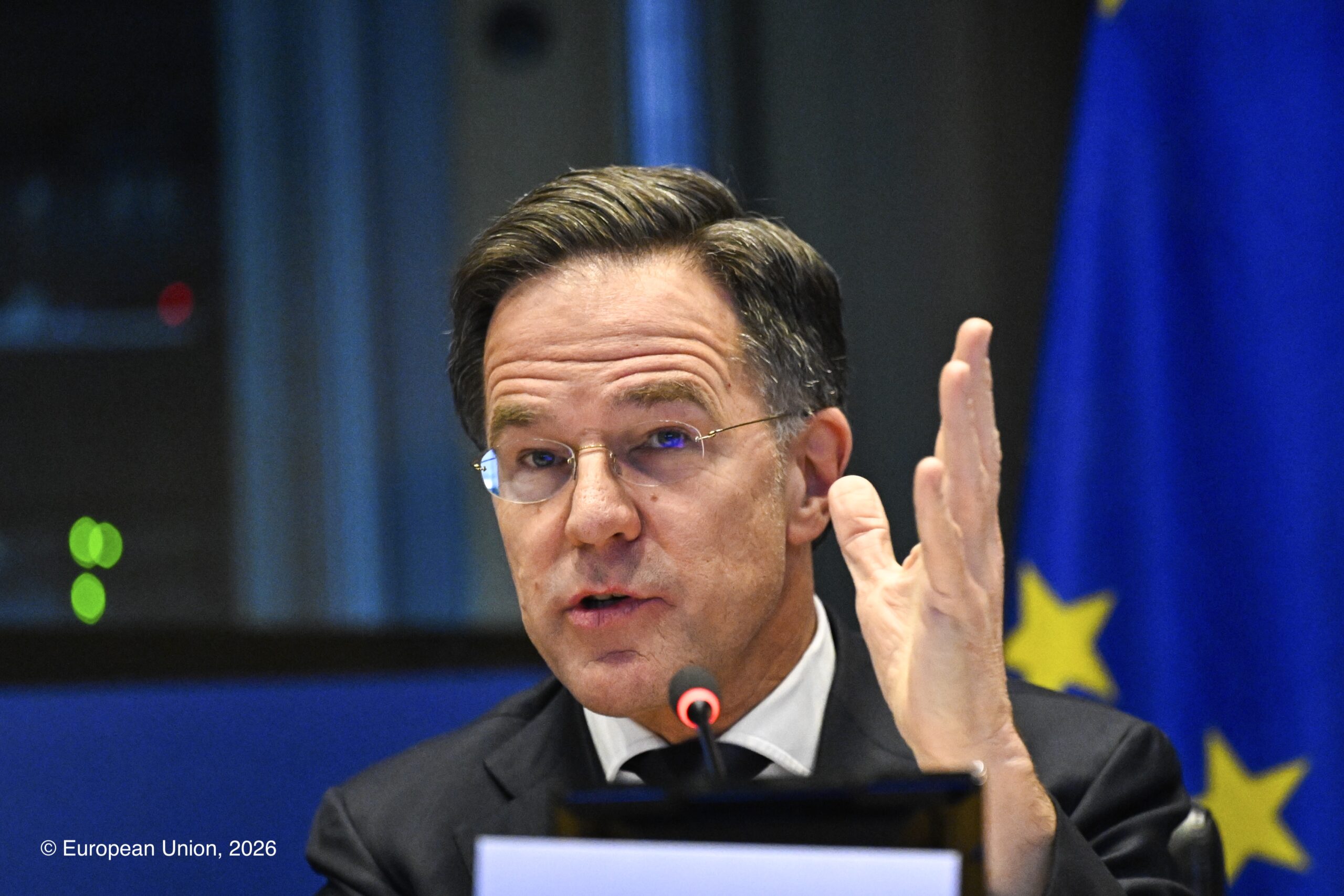With Donald Trump stepping into the presidency, we can anticipate a trade policy fueled by the “America First” mantra. Hinting at a further shift toward U.S. protectionism, aiming to shield and boost domestic industries and potentially reshape international trade dynamics. Rather than promote new market opportunities or ensure consumer quality and protections, Trump’s policies will likely focus on reducing the U.S. trade deficit and supporting national security. Trump’s victory will likely affect every area of EU policy, from drug pricing to green technology standards.
President Trump said in an interview with Bloomberg, “The most beautiful word in the dictionary is ‘tariff.'” Despite economists’ warnings, the President views tariffs as an avenue to grow the U.S. economy, protect jobs, and raise tax revenue. He vowed to act quickly and aggressively with his new tariff strategy, punishing adversaries with across-the-board tariffs ranging from 10 to 20 per cent on European goods and up to 60 per cent on Chinese goods, possibly resulting in the euro dropping as much as 10 per cent against the dollar.
Trump’s victory could mark the end of U.S. cooperation with certain international and transatlantic bodies responsible for drafting global trade rules to prevent global financial crises like the World Trade Organization (WTO), the Financial Stability Board, the International Organization of Securities Commissions (IOSCO), and the Basel Committee on Banking Regulations. The Trump presidency could be detrimental to implementing Basel III, a set of global bank capital rules following the 2008 financial crisis, ensuring lenders have enough reserves to withstand economic shocks. A massive wave of lobbying from the U.S. banking industry already led to these rules being altered and their rollout postponed. A Trump presidency could see the regulations scrapped altogether.
European automobile and aerospace industries are in for some turbulence. President Trump has said he wants “German car companies to become American car companies.” Promising “lower taxes, the lowest energy costs, and the lowest regulatory burden” to car manufacturers that comply and threatening to impose “a very substantial tariff” on everyone else. Furthermore, a wave of aerospace protectionism pointed at rescuing Boeing from its financial troubles could spell disaster for Airbus and the rest of the European aircraft sector. These sectors and the shipping industry, which is very exposed to the adverse effects of tariffs, will closely monitor the Trump administration.
Trump’s victory could push Europe to pursue an economic security strategy emphasizing domestic production and a wide range of international trade partners while relying less on the U.S. as a trade partner.

